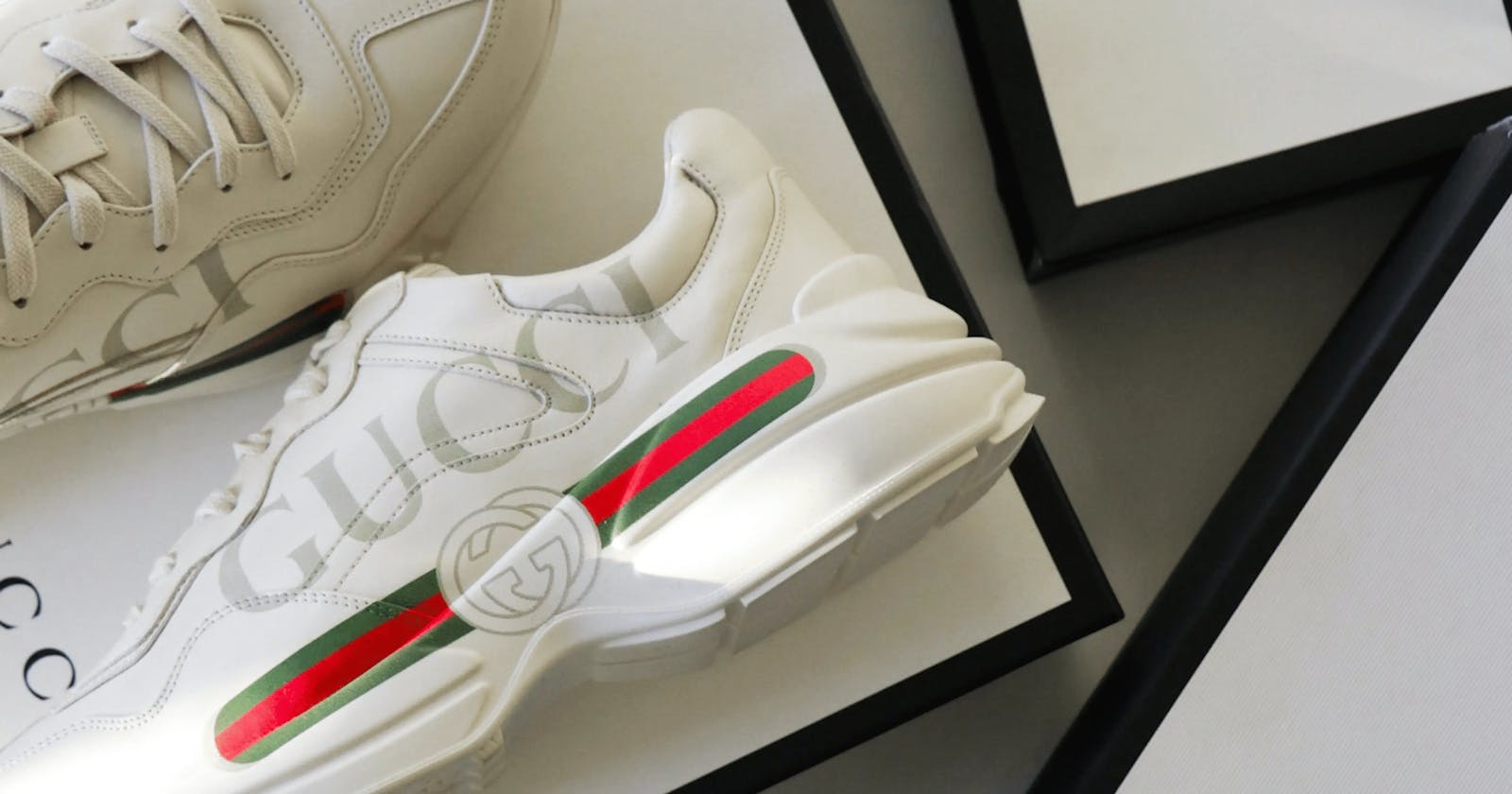Gucci, one of the most iconic fashion brands, has a dark past that most people have no idea about. Founded in 1921 by Guccio Gucci, Gucci has been associated with luxury and glamour for decades. However, behind its public image, Gucci has a disturbing history of murder, corruption, and greed that has plagued the brand for years.
The Gucci Family
The Gucci family’s legacy is not only one of fashion but also one of crime. Maurizio Gucci, Guccio’s grandson, inherited the family business in 1983 after his father's death. He successfully expanded the brand, making it a global success. However, his reign as the head of Gucci was short-lived. In 1993, Maurizio was assassinated in Milan, Italy, by a hitman hired by his ex-wife, Patrizia Reggiani.
The Murder
The murder of Maurizio Gucci sent shockwaves throughout the fashion industry and the world. The Gucci family was already known for its power struggles, but the murder took it to another level. Patrizia Reggiani was convicted of the murder and sentenced to 29 years. She famously said, "I'd rather cry in a Rolls-Royce than be happy on a bicycle," when asked about her motive for the murder.
Motives
Reggiani's motive for the murder was said to be revenge. She was angry with Maurizio for leaving her and selling his shares in Gucci. The murder of Maurizio Gucci marked the end of the family's control over the brand. In 1999, the Gucci family sold its remaining shares in the company to the French luxury conglomerate, Pinault-Printemps-Redoute (PPR).
Tax Evasion
The murder of Maurizio was not the only crime associated with Gucci. In the 1980s, the company was involved in a tax evasion scandal. The Italian government accused Gucci of evading taxes on a massive scale and fined them millions of dollars. The scandal tarnished Gucci’s reputation and led to a significant sales decline.
Exploitation and Mistreatment of Workers
Gucci also has been accused of exploiting and mistreating their workers. In the early 2000s, they were accused of using sweatshop labor in their factories. Workers were paid low wages and worked long and unsafe hours. This specific scandal led to multiple protests. Gucci responded by implementing a code of conduct for its suppliers and working to improve working conditions.
Improvements
Recently, Gucci has tried to distance itself from its dark past and focus on its future. The brand has transformed under the leadership of creative director Alessandro Michele. Michele has taken the brand in a new direction, embracing diversity and inclusivity. Gucci’s sales have soared, and it has become one of the most profitable luxury brands in the world.
Conclusion
Gucci is a reminder that behind every company, there is often some level of corruption and greed. The murder of Maurizio Gucci and the tax evasion show the dangers of high-level corruption and the importance of business ethics. As consumers, we must demand transparency and accountability from the brands we support.
